Mention Scotland’s clan system and it might be in the same breath as Culloden, Jacobites and the Highland Clearances.
Or it may involve other oft-romanticised recollections of a tartan-clad world wiped out by the forces of politics, religion and ultimately the sword of the Crown.
But thanks to internet-led genealogy and populist versions of Highland history portrayed through TV shows such as Outlander and Game of Thrones, a renewed international interest in clan culture has shown a strong resurgence among the 40 million-strong Scottish diaspora.
How significant is clan Buchanan?
Clan Buchanan – one of Scotland’s largest – is one such clan with roots dating back at least 1,000 years.
According to DNA analysis, Clan Buchanan was located on the shores of Loch Lomond, in the old kingdom of Alba, well before 1000AD, and possibly going way beyond that.
However, thanks to the Buchanan clan recently appointing its first chieftain in more than 340 years, there’s been renewed interest in Scottish history and the role of clan chiefs today.
Last October, John Michael Baillie-Hamilton Buchanan was appointed true heir and chief of the clan Buchanan in an elaborate ceremony near Callander.
Why was there a Buchanan clan vacancy?
The last Buchanan chief, John Buchanan, died in 1681 without a male heir.
The new chief was identified after more than a decade of genealogical research.
The ceremony was witnessed by more than 300 clansmen from around the world.
Mr Buchanan’s identity as clan chief was approved by the Lord Lyon in 2018.
But the official ceremony at his ancestral home, Cambusmore, Perthshire, was delayed by the pandemic.
Buchanan clan chiefship ceremony
Events leading up to the ceremony were the focus of a recent BBC Scotland documentary Meet the Clan, as previewed by The Courier.
The ceremony was attended by Buchanan descendants from countries across the world and featured a stone ‘throne’, coronet, and swords – all specially commissioned for the event – a pipers’ procession and a medieval-style fanfare.
It lifted the lid on how Scottish clan heritage is attracting adherents from across the globe – sometimes with a bit of a mix of historical fact and fiction.
More than 120 affiliated family surnames are recognised as part of the clan including Watson, Morris, Richardson, Coleman, Gilbert, Walter and Harper.
But what’s it like to be a member of the clan?
How does it feel to carry one of the new titles, and why is it relevant in 2023?
‘Strange and exciting’, says Lady Paula Buchanan
The Courier spoke to the wife of the clan chief, Lady Paula Buchanan, to find out how it’s changed her family’s life.
The mother-of-four said the installation of her husband as clan chief after more than 340 years is “strange, exciting and really meaningful”.
However, she also hoped the installation of the figurehead role would be “beneficial to lots of people around the world now and in the future”.
Paula, qualified as a medical doctor from London University in 1987, training at Charing Cross and Westminster University London.
After qualifying, she worked for a few years in a variety of English hospitals in various medical specialities; including medicine, surgery obstetrics, gynaecology, psychiatry endocrinology, paediatrics and emergency medicine.
Fascinated by MRI imaging, she attended Oxford University to study for a PhD in clinical biochemistry.
It was when she was there that she first met Mike, at a sporting event.
In less than a year, they were engaged to be married.
“He was Mike Buchanan Baillie-Hamilton when we first met,” explained Paula in an interview with The Courier.
“We met at Bisley which is a shooting ground in Surrey.
“I was shooting for the Oxford team.
“I had shot well and I was selected to shoot for a Scottish team.
“I didn’t know where the Scottish team was, so I jumped out of my tent and jumped in my car and drove off trying to find this thing because I was late.
“As I drove along, there was someone who sidestepped – and didn’t seem too fussed.
“I found out later it was Mike. I parked the car at the top and tried to find this place.
“I saw this guy walking behind me and thought ‘it’s the guy I almost ran over’.
“I think he must have guessed who I was. ‘Are you looking for the Scottish team house?’, he said.
“And I said ‘yes’. He just opened the gate and smiled!
“He smiled all through the meeting. I didn’t even know his name! That was the start really!”
When did they pursue Buchanan heritage?
Paula explained that Mike was shooting for Scotland at that time.
Soon after they met, Mike participated in the 1994 Commonwealth Games representing Scotland.
They were married in Oxford, at the beautiful and historic Christchurch Cathedral.
By coincidence, Christchurch was Mike’s former college and her present one at that time.
Paula was whisked off to Scotland to live in a cottage on the Cambusmore estate, run by Mike.
She finished the last year of her PhD in Scotland.
After having the first two of their four children – Angus, Bruce, Lucy and Rory – Paula became fascinated by research into the effects of toxic chemicals on health.
However, while the interest in family history and knowledge of the title was always there, the pressures of life meant it took a while for anything to be done about it.
“There was not really much interest to do anything in the beginning,” she said.
“But what Mike did say after we married was that his family had a claim to the Buchanan chiefship.
“The Lord Lyon once said we should drop our Baillie-Hamilton part of the name and just be Buchanan and claim the Leny line and get the chiefship line.
“Mike was interested. But he was just so busy running the estate and everything.
“He just didn’t have the time.
“I’d just completed my PhD and had young kids.
“Eventually we said, ‘why don’t we just go for it? If no one’s claimed it, it means that no one might have a stronger claim than us, and they are just waiting for our family to do it?’”
Not an easy process to prove legality
Paula explained that the intricacies of Celtic-Scottish law meant it wasn’t an easy thing to pursue.
She went to the Court of the Lord Lyon and chatted with the then clerk, Elizabeth Rhodes.
She recommended the late Hugh Peskett who was described as the “best genealogist of his era”.
He was also descended from the Buchanan clan and his granny had once told him he had to find the next clan chief. His interest was literally in the blood.
Fourteen years of painstaking research followed, which involved proving that other claims were not valid.
Many documents were not publicly accessible.
Special permission was required to access documents held by the Duke of Montrose, piecing information together from around the UK then legally verifying it.
The closest other claim was ruled out because it emerged it was based on two forged documents from the 14th and 16th centuries.
Eventually, Mike’s right to the chiefship was validated.
Why is Buchanan claim significant?
“It’s a really important part of our culture,” said Paula, adding that unlike English laws, any of their four children could inherit the chiefship, not just the eldest male.
“If a clan doesn’t have a chief they are not a proper clan.
“They are not recognised legally as a clan.
“We didn’t know the outcome when we first started.
“But you just feel driven to look into it because the family is a very historic one.”
The Buchanan clan fought in the Jacobite wars at Killiecrankie (1689) and Sheriffmuir (1715).
To this day, they hold part of the banner of the standard that was used at the battles.
One of Mike’s ancestors was hung drawn and quartered for helping to fund the Jacobite cause.
Clan Buchanan history ‘not spoken about for centuries’
Much of the clan history was not been spoken about for centuries, because “in the early days we’d have been up for the chop ourselves”, said Paula.
However, they now feel “it’s time to gather it all together and move on and just kind of get our history back!”
With links to Sir Walter Scott, the Buchanans also believe they may have produced a template for other clan chief inaugurations.
She added: “All our traditions have been taken away from us, and culture has been taken away.
“So it’s a wonderful opportunity in time to reclaim it and reclaim our culture and traditions.
“We’re trying to make it more relevant to today.
“Because around the world, when we were doing the research for the ceremony, we had Americans literally knocking on the door saying ‘are you the clan chief?’, or whatever!
“There are no battles anymore – not too many, anyway!” she laughed.
“But people are really keen to get a sense of belonging about who they are.
“There was no figurehead to do that.
“We are lucky enough to have amazing parts of Scottish history.
“We kind of went for it and I’m glad we did.”
Great interest from overseas Scottish diaspora
The recent documentary showed tartan-mad enthusiasts hailing ‘The Buchanan’ at Highland Games, packed with celebrating Americans, in New Hampshire.
As Mike himself said in the documentary: “British, Scottish people don’t’ get terribly excited by it… But Americans are absolutely mad about it!”
The programme featured Highland Games in Scotland at Balloch as well as their grand counterparts in the US.
It also showed how the interest in Scottish history and culture extends even further and wider.
Buchanan descendants in Mexico City
In Mexico City, for example, clan descendant Pedro Buchanan has created a new brand of drink in honour of his Scottish heritage.
The tequila-like drink called Mezcal is currently under development.
His prototype is labelled PWB, standing for Pedro Walter Buchanan.
He’s in discussion with the Buchanan family put a brand on it, which will translate as ‘that of the chief’. This will be in honour of the chief of the clan.
Speaking to The Courier from Mexico City, Pedro, 67, a transactional lawyer by profession, explained how he started his own genealogical research around eight years ago.
His aunt had made a very simple family tree.
Aided by the digitisation of genealogical records and the internet, he was able to confirm it was his grandfather’s grandfather William Cross Buchanan – a civil engineer – who first travelled to Mexico from Glasgow to build railroads.
He managed to track down William Cross Buchanan’s family home at Auchentoshan – destroyed by German bombs in 1941.
He’s since been able to trace his ancestry back 52 generations, including a connection with the 11th chief of the clan.
He was also proud to attend the chieftain ceremony, which included an updating of the Buchanan family tartan shot through with pink, created by the new chief’s daughter Lucy working with a local company.
“I was extremely happy to be there,” said Pedro.
“I felt very connected. It was like a fairy tale. Very colourful.
“Everyone with their kilts. All of the events very Scottish. There was a fantastic connection.”
Why is Scottish history important?
Pedro says it’s true that ‘foreigners’ like him sometimes appreciate Scottish history more than resident Scots do.
He has a theory why this is the case.
He added: “I say that if a German Shepherd looks in the mirror he will see a German shepherd.
“If a German Shepherd is named Pedro and lives in Mexico and speaks Spanish, and looks in the mirror.
“It won’t see a Mexican Shepherd. It will see a German Shepherd.
“We are Scottish. We have our genes, our things, our feelings, behaviour, perception, understanding of things in a different manner than Mexicans.
“In the law firm that I used to be at, people always said I think different.
“Why do I think different? Why am I committed or stubborn?
“People say ‘you are Scottish, you are a Buchanan!’
“Maybe they are right! Maybe they know more!”
- Meet the Clan is available on BBC iPlayer.
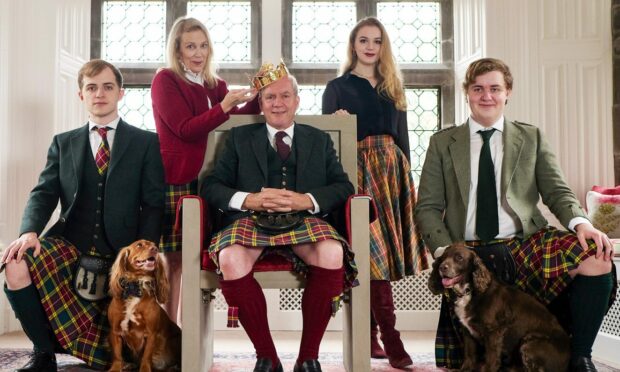
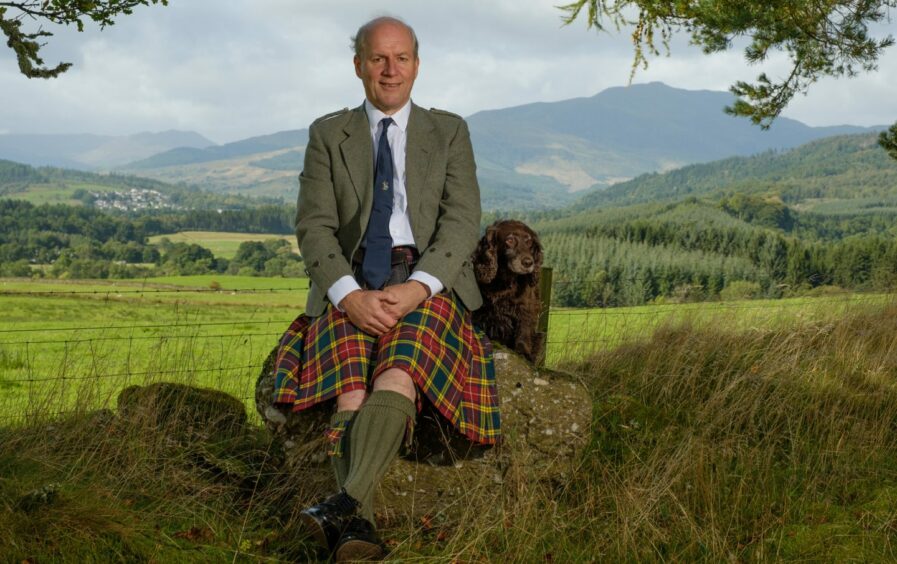
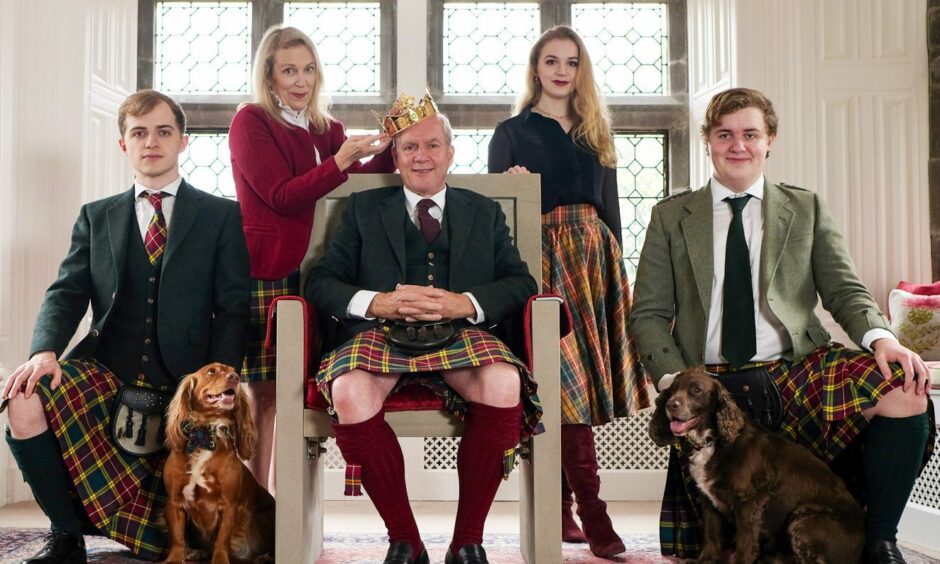
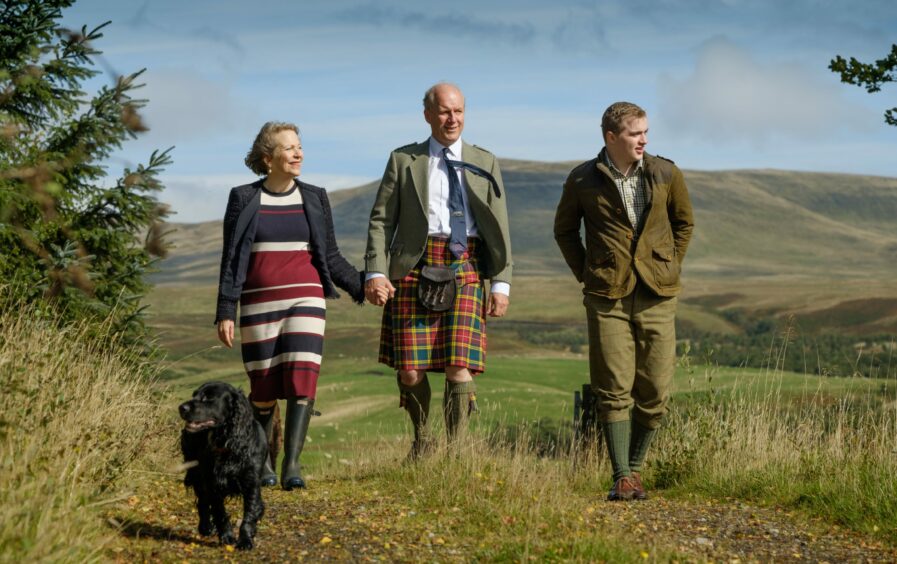
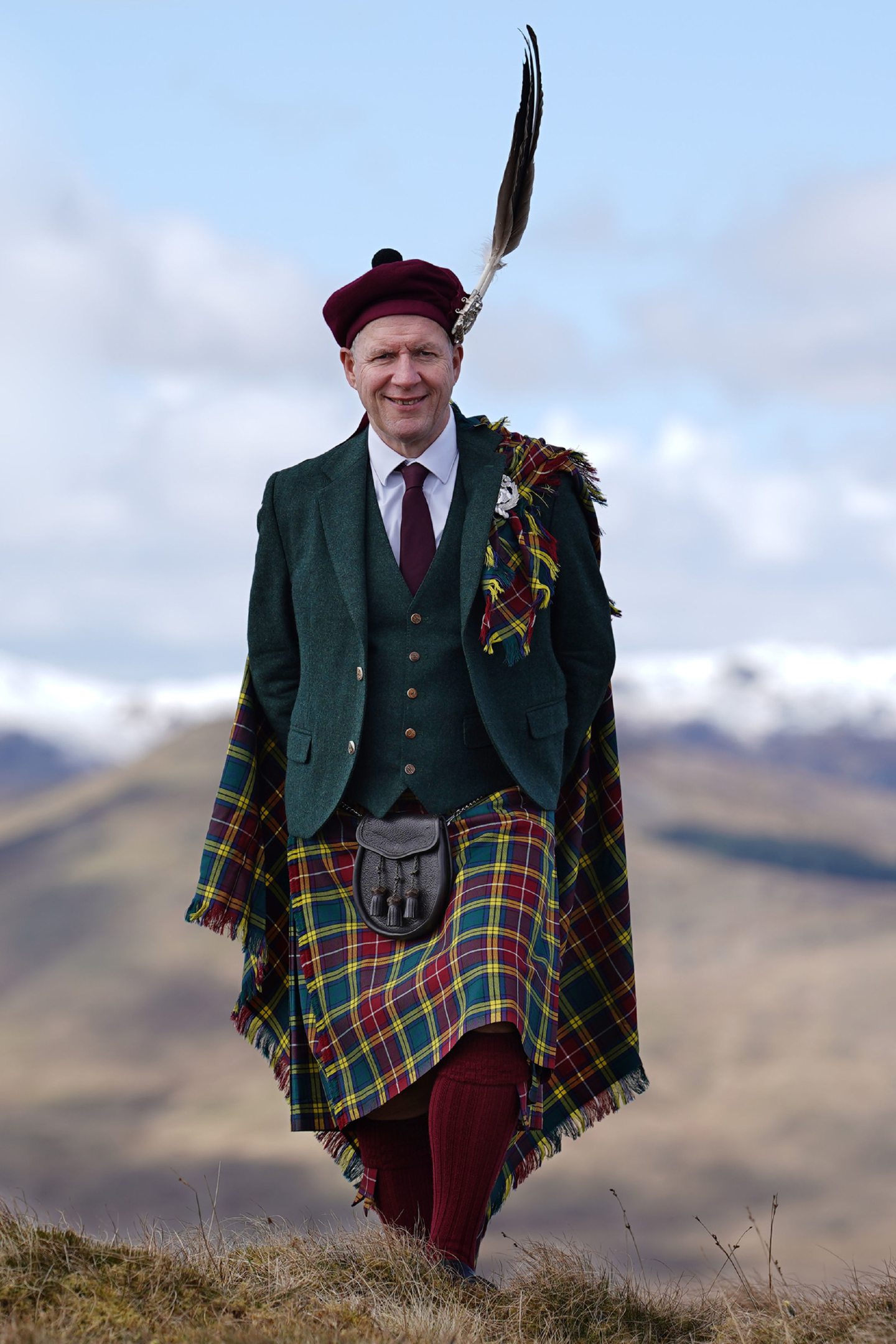
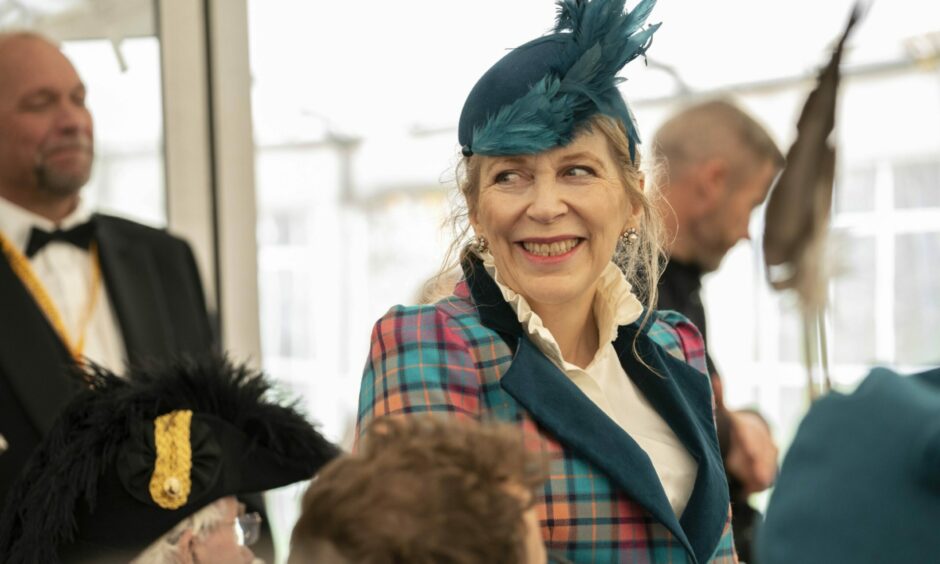
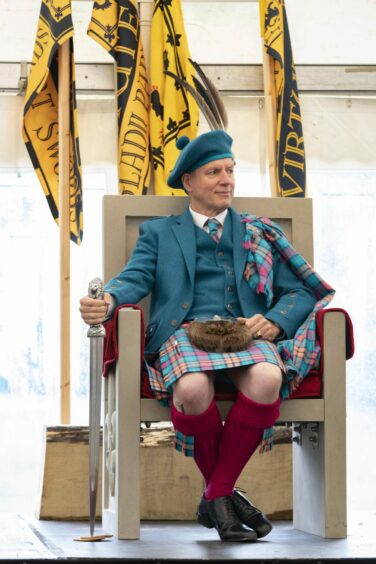
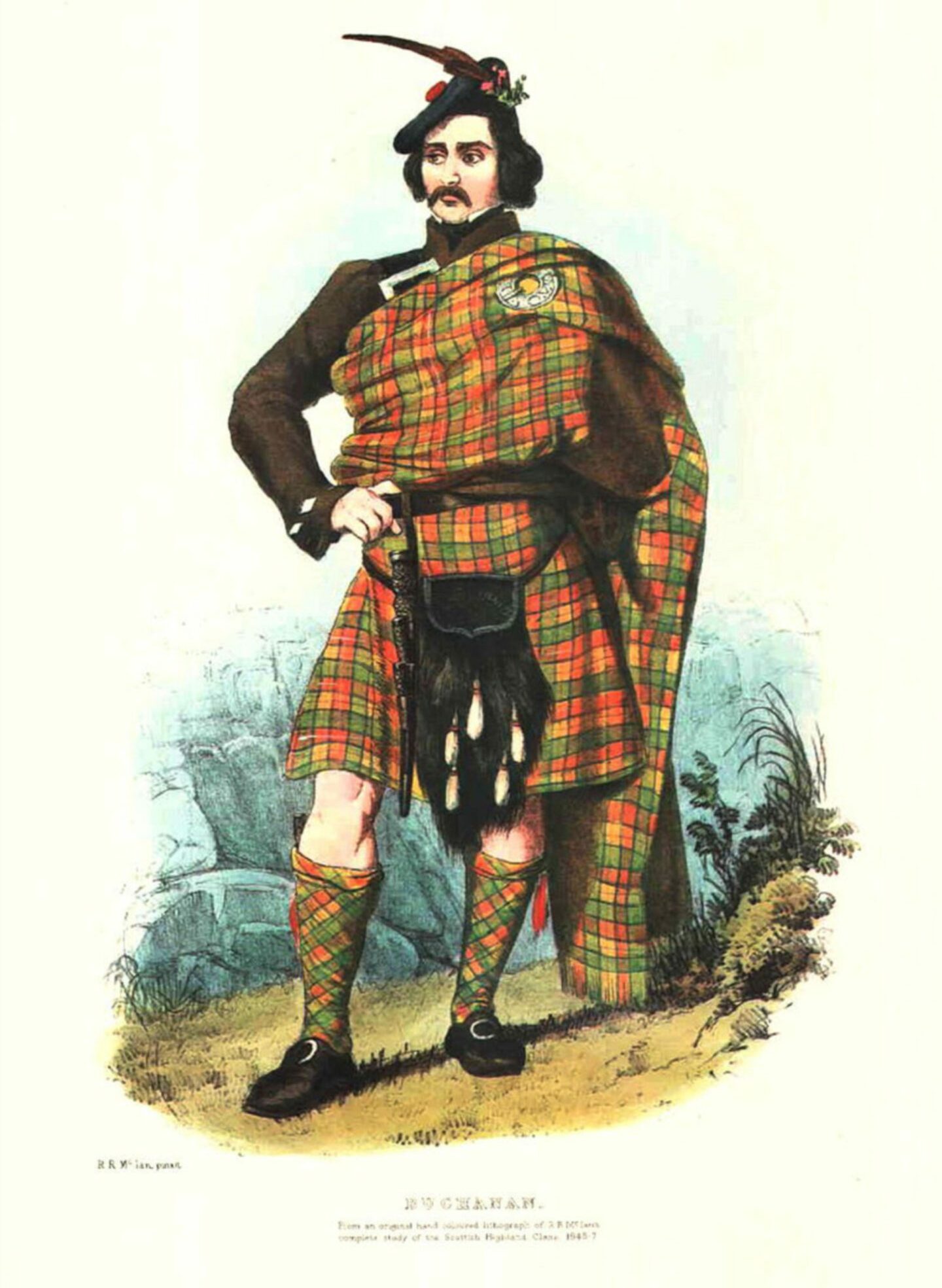
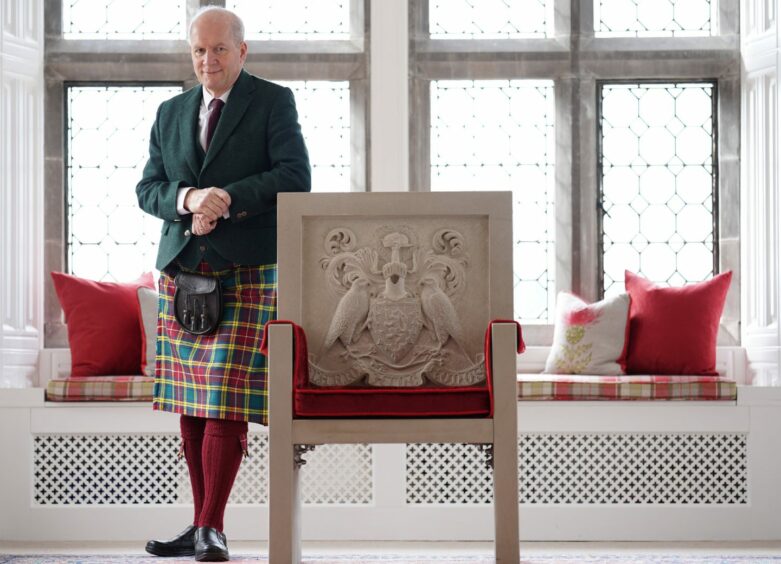
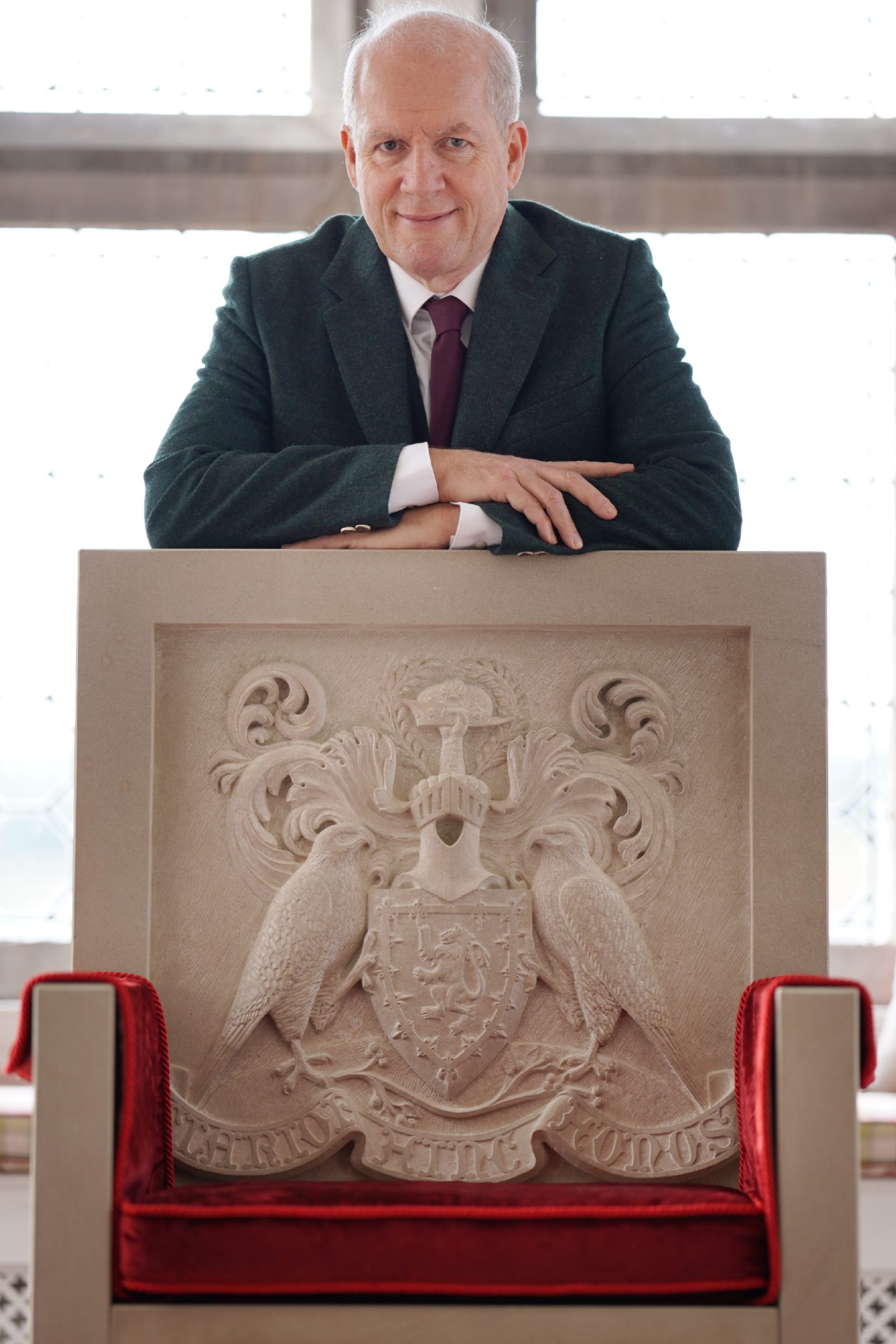
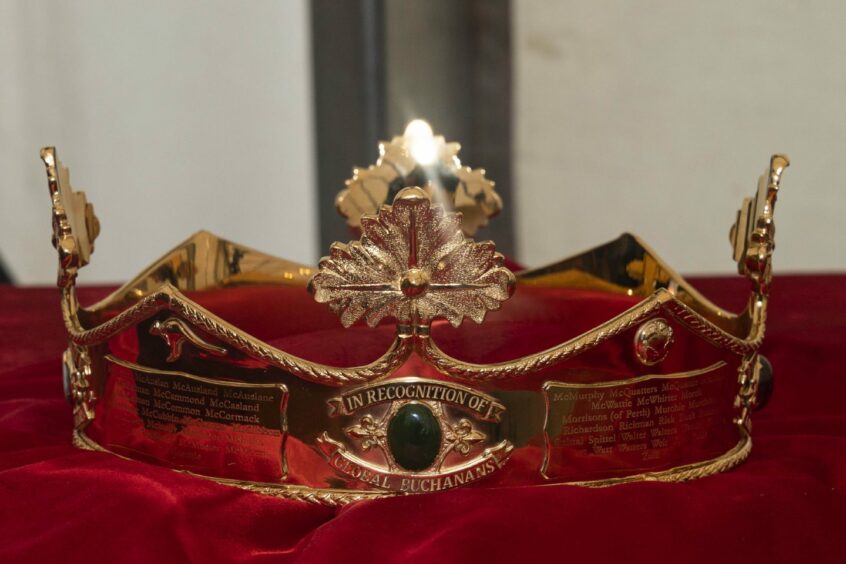
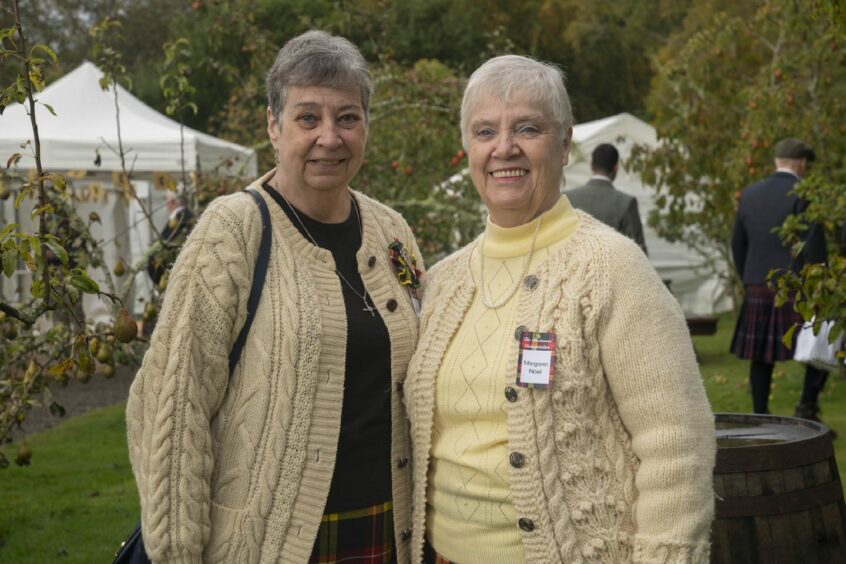
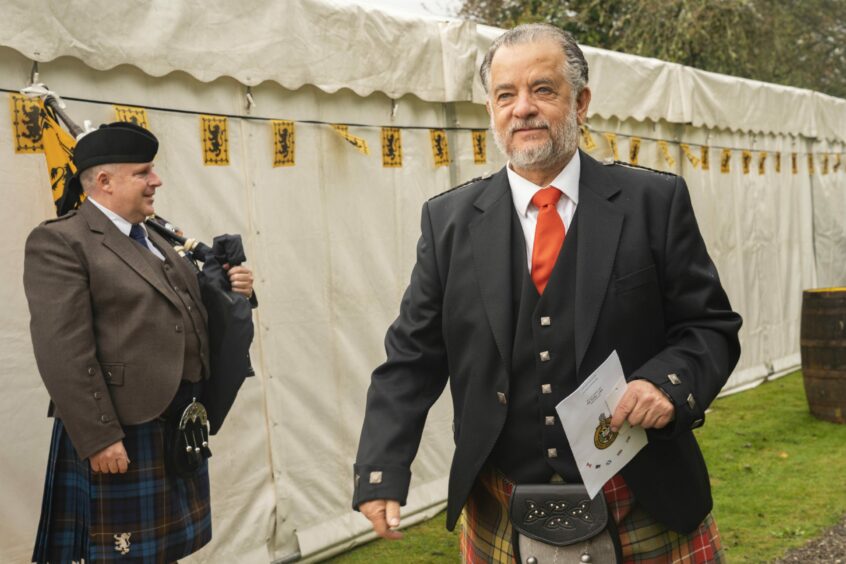
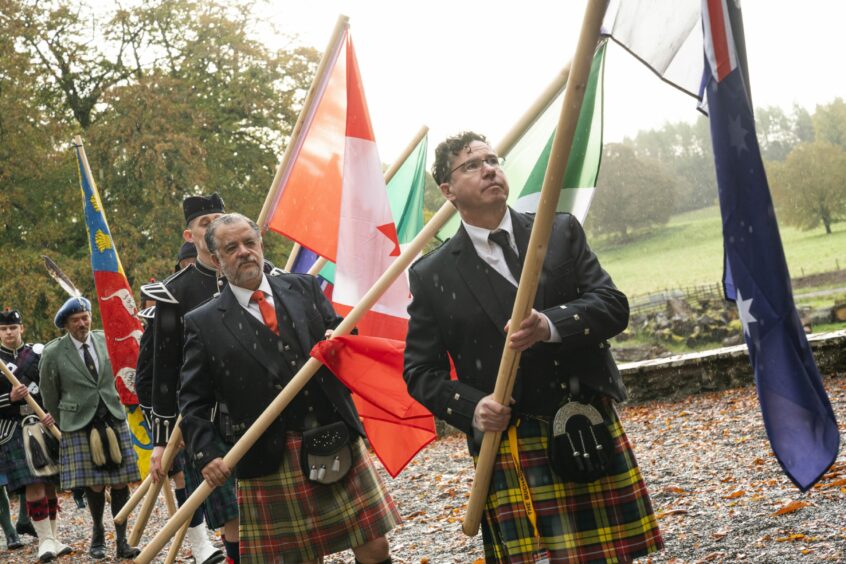
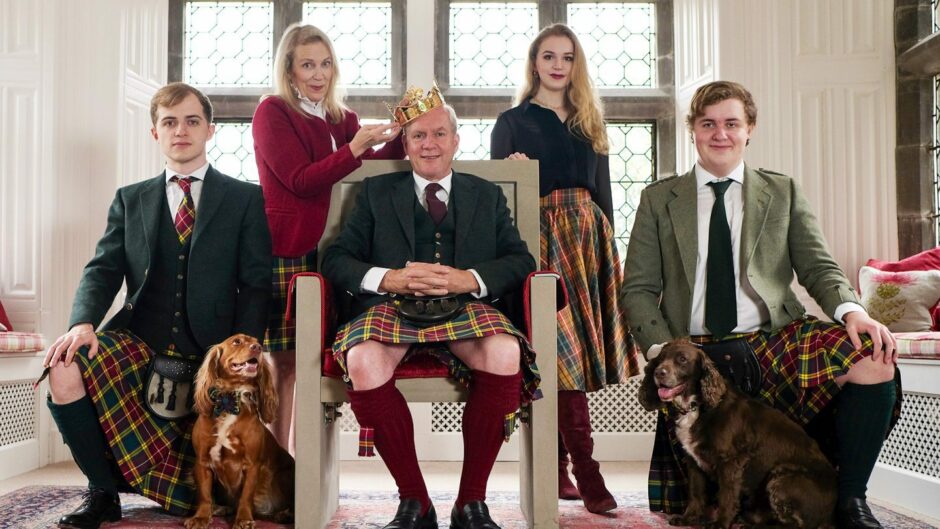
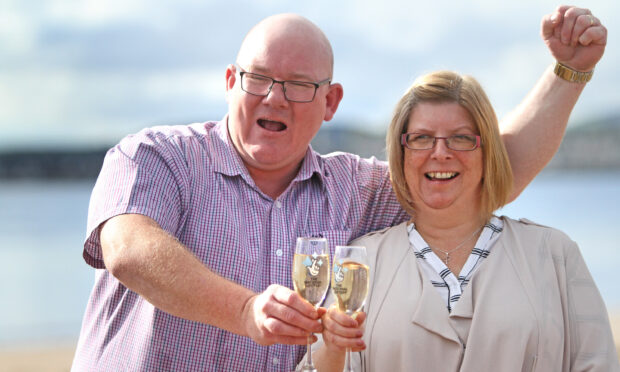
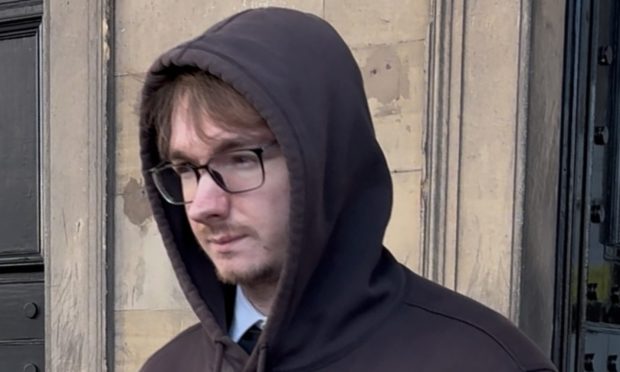
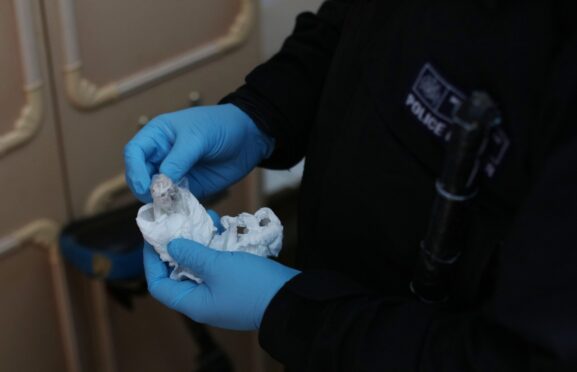
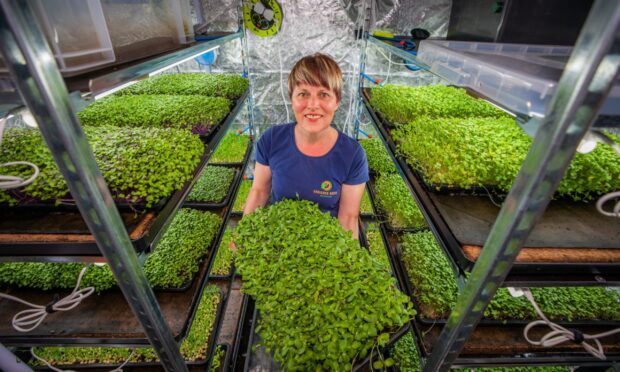
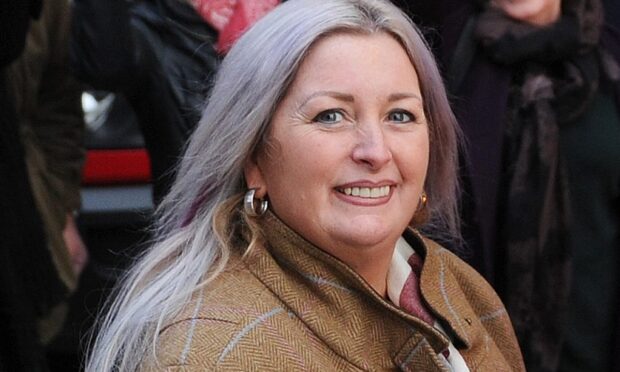
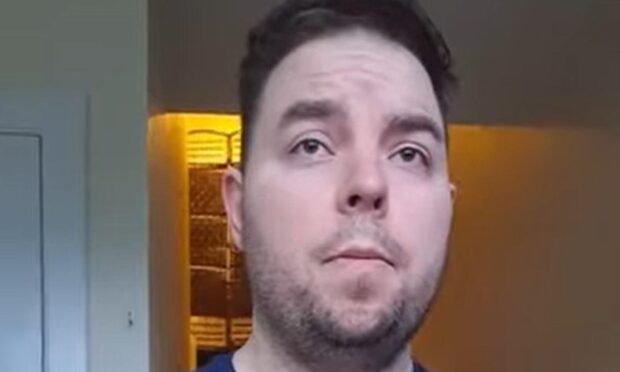
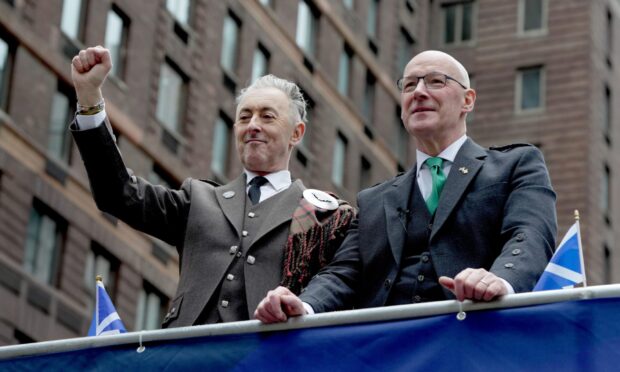
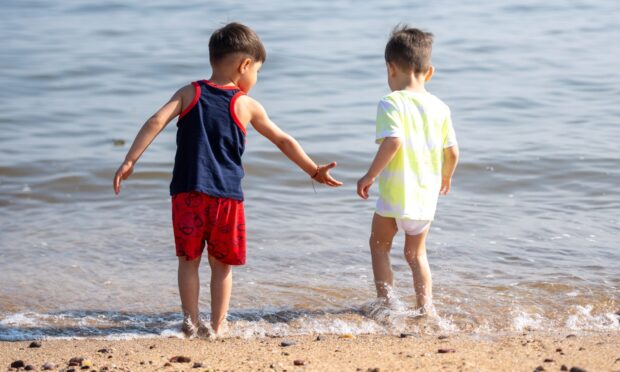
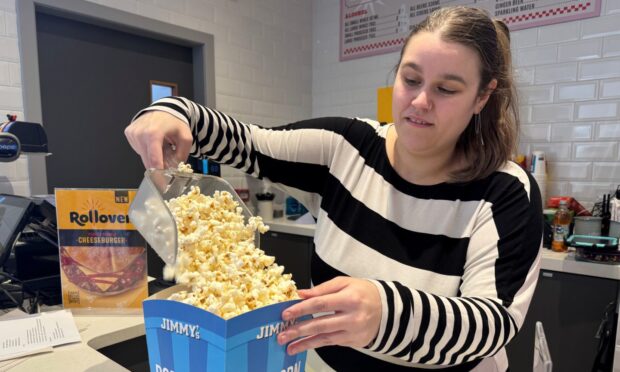
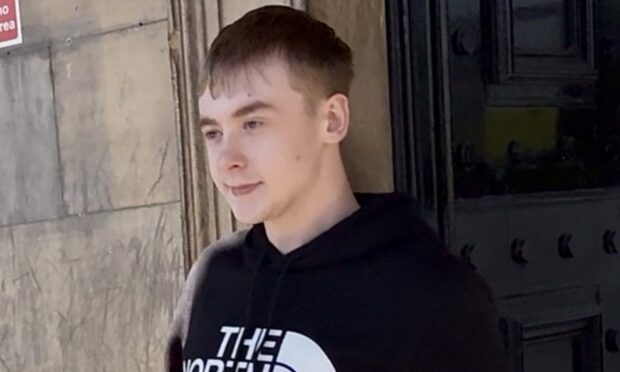
Conversation